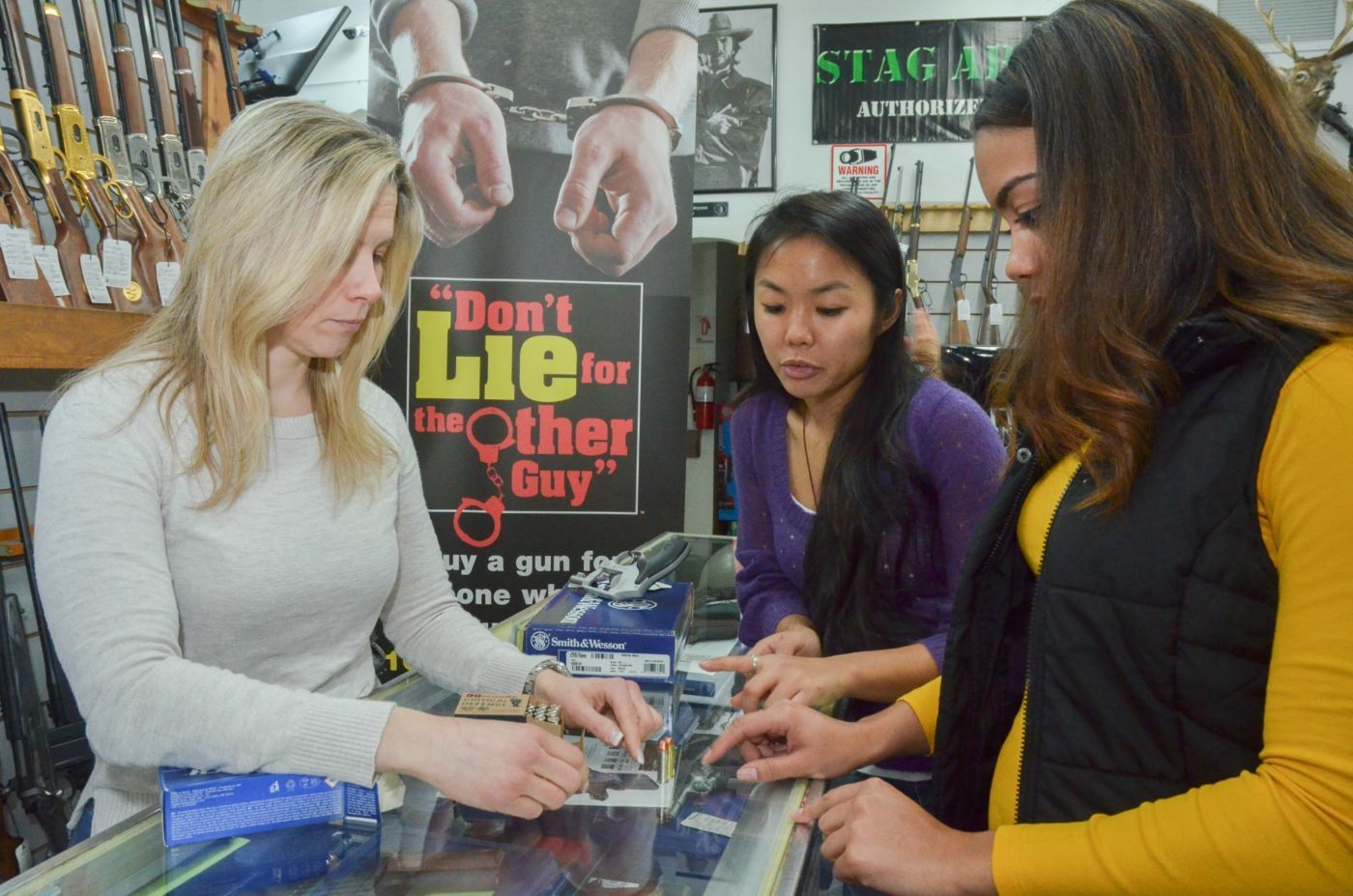
Chapter 135 (H.4885): Retailers
October 21, 2024
The following should not be taken as legal advice.
- Rolls gunsmith, firearm and ammunition retail licenses into one license. (Place of business.)
- Allows a retail applicant to use their LTC information for application.
- A retailer license cannot act as a license to carry.
- Must complete online training. - This has been temporarily suspended.
- Requires retailers to confiscate and report expired, suspended, revoked LTCs or FIDs if presented to them.
- Must keep an on-site or electronic record of all firearm and ammunition transactions.
- Records shall be open at all times to the inspection of the police. (Without warrant?)
- Bans internet sales of firearms and ammunition unless the items are transferred in person.
- Annual inspections can be done by state police if the local authority opts out.
- The state must develop signage and have it available for download.
- The retailer shall make and keep an on-site or electronic record of all firearm & ammunition transactions.
- Records shall be open at all times to the inspection of the police. (Presumably without warrant.)
Before transfer or delivery of any sold, rented, leased or otherwise transferred firearm or ammunition, a legible entry in the on-site or electronic record shall be made and kept specifying:
- The complete description of the firearm and ammunition transferred, including the make, serial number, type of firearm and designation as a large capacity firearm, if applicable.
- Whether the firearm or ammunition has been sold, rented or leased and the date of such transaction.
- The license, permit or card identification number of the person acquiring the firearm, or ammunition along with their sex, residence address and occupation.
- The purchaser, renter or lessee’s name as personally written by said person in the sales record book and as confirmed by valid state or federal identification.
